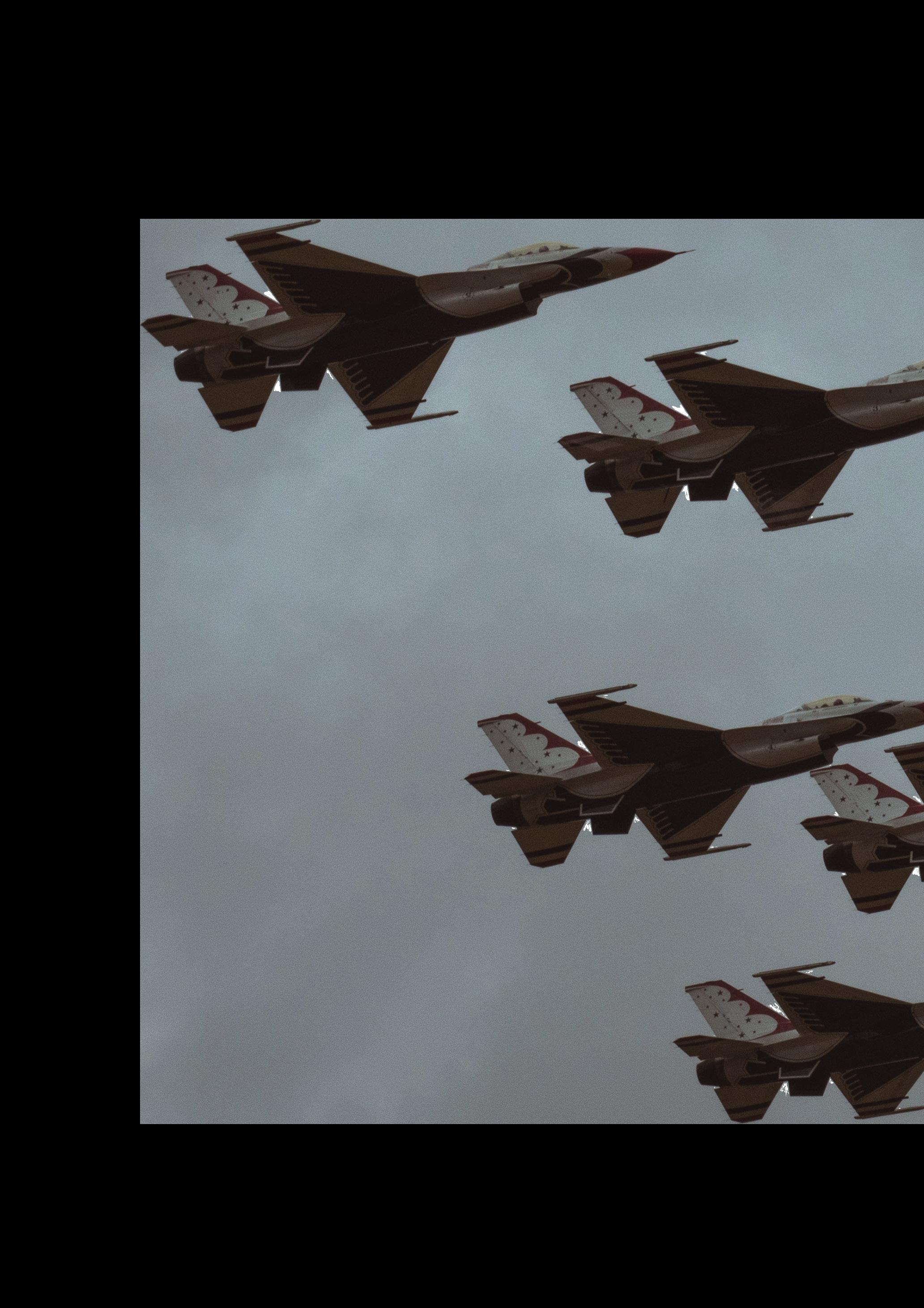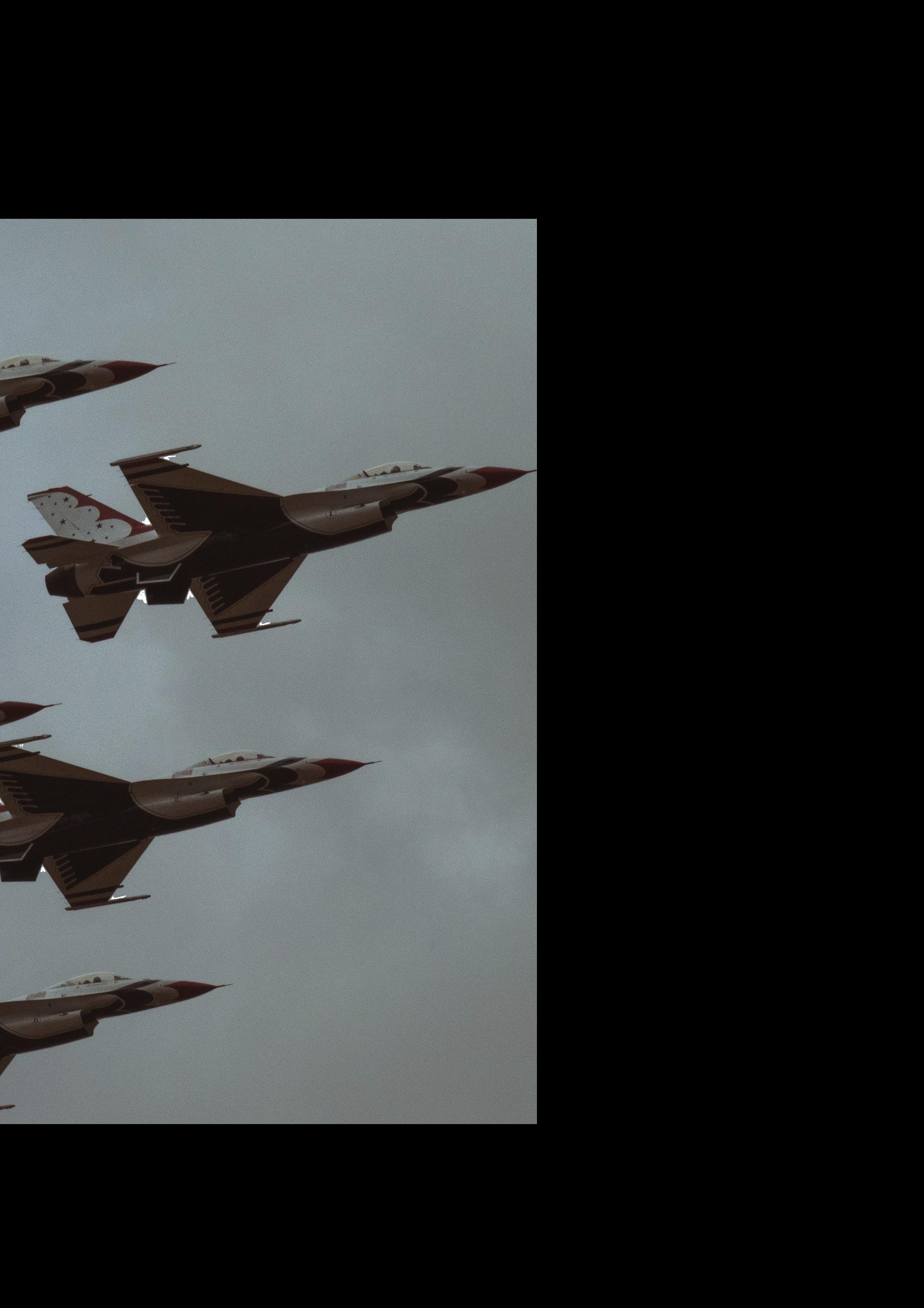
6 minute read
WOMEN IN WAR
WOMEN
Monique Kostelac
Advertisement
There’s a moment in a war that seldom few know about. An unnerving peace, a calm after the storm unknown to those who haven’t experienced it. The moments following the firing of the last bullet, and the fading of the final barking orders. It’s when soldiers begin to retreat from the trenches, and civilians vacate city bunkers. The soldiers walk off their battlefield, a field they played on as children, often with those they were against in battle.
Vukovar, a town on the Croatian-Serbian border, saw the first of a conflict that Europe hadn’t witnessed since World War II. The Yugoslav War forced friends to become enemies, turned former countrymen against fellow countrymen. Schoolmates—who had known each other since they were toddlers and who had spent endless nights celebrating the Yugoslav basketball team’s impending global dominance—now shot at one another. Streets and homes they once shared, where friendly gatherings were commonplace with the soundtrack of their local musician—a man often with an uncanny ability to play every instrument he could get his hands on—playing folklore music and the laughter of children as they ran around playing soccer, were now stained with their own blood.
I didn’t think I’d be spending the day before my 22nd birthday fighting in a war that had already been going on for two years.
After climbing out of a trench, I light a cigarette and lean against the brick wall of a home. A crisp waft of smoke weaves through the winter air in front of me. The sky is a pale grey, a dull backdrop to the crumbling buildings around me. The rain had stopped and started throughout the battle, attempting to wash away the crimson that trickled through the streets. I hear the sound of a stream running nearby and look to my feet, my muddied boots becoming surrounded by a flow of water. I look up ahead and see a neighbour dumping buckets of water on the road. The crimson begins to disintegrate amidst the tiny stones and dirt.
‘Marija!’ a voice calls out to me.
I turn and spot Goran, my uncle, and walk over to him. A cigarette hangs out from the corner of his lips, and his ragged Adidas gear mixed with army camouflage is coated in mud.
‘Come on, let’s go get some food. Teta Mara and all them are cooking up some paprikaš. They told me to get you first because ... Isuse, Maro. Your head!’
My brow furrows and I glance at my reflection in a window. There is a gash that runs along the left side of my head, in line with my ear. I can’t pinpoint the moment when it may have happened; I didn’t feel anything. Perhaps it was the adrenaline.
‘Come on, they’ve set up a nursing station nearby. Ankica is there. She can patch you up.’
‘I swear, Striko Goran. I have no idea how I got this. I can’t feel anything.’
He chuckles. ‘You’re my niece. I expect nothing less.’
We walk through an alleyway that leads to another part of the village. It’s like a whole new world. Locals stroll through the streets. Soldiers huddle around barrel fires, smoking cigarettes and cackling at shared memories. Children run out of bunkers and into the muddied streets, grateful at their newfound freedom from the captivity. It seemed like life has been rebooted here again. The waning heartbeat has become regular again, pumping life through the town.
It was the women of the town, and the women of Croatia, who were the driving force behind the army, navy and air force. It was women like Teta Mara who opened their kitchens to cook for the soldiers. Throughout battlefields in Croatia and Bosnia, from Dubrovnik to Tuzla to Čakovec, and all the villages and cities in between, wives, partners, sisters, daughters scrounged up whatever rations they could to feed their soldiers and their people. Many did so during World War II, and now their daughters and granddaughters stood alongside them once again.
They set up canopies and placed the boiling pots of stew on makeshift stove tops. Each weary soldier that had lined up was always greeted with a smile and a boisterous remark that made them feel right at home. Women like Teta Mara knew their boys and girls. She knew each by first name and last. She knew about their families. And most of all, she knew when someone had not eaten. She would hunt them down, combing through the streets and forests if she had to, to give them a bowl of her family’s iconic stew with some bread. Nobody dared to evade her, even if it meant they had to nibble away for hours on end.
Then there were the women like Ankica. The nurses, the doctors, those who never got a formal education yet didn’t hesitate to assist at the local hospital. Many of these women are now missing. Nobody knows what happened to them after the JNA attacked the hospital on November 20th. Ankica was meant to work that day, but a day earlier, her youngest son broke his arm when he fell off the swing in their back garden. She couldn’t find anyone to look after him so stayed home. Today, she leads the ground zero triage tents where those who did not have severe injuries could be tended to. This was to avoid using up hospital resources.
‘Marija! What did you do to yourself this time?’ a friend of mine from high school, Vlado, asks me as I wait in front of the tent.
I stumble back into Striko Goran as I am met with a barrage of rowdy greetings. Scanning the face of each soldier in the tent, I realise it’s the guest list of my 12th birthday party, from ten years earlier. Boys I had gone to school with, who I had played sports with, one who I actually dated for a time before we realised we weren’t right for one another so remained friends.
‘Eh Vlado, Vlado. You know me. Pretend I skateboarded into a tree.’
‘Again?’ my ex-boyfriend, Edo, asks with his boyish smirk. ‘How many times does that make that now?’
‘Are we talking literally or metaphorically?’
A resounding response of ‘both’ erupts from all the patrons of the tent.
Ankica strides up to me with stitches and bandages in tow. Her greying blonde hair is tied together in a low bun. ‘Honestly Marija, these boys looked like zombies and then you walked in and now they’re acting like they’re at a disco.’
After Ankica patches me up, I finally grab my bowl of paprikaš. The fragrance of the stew dances around me. Teta Mara makes it her mission to hand me my bowl, and strategically places a packet of oblatne behind it so nobody else can see it. I thank her and then make my way over to Striko Goran, my brother, and two of our cousins.
‘Seriously though, Marija. What did you do this time?’ My brother queries with a mouth full of food. He thinks that because our parents are on the other side of the city he can get away with being an ill-mannered grub.
‘Brate,’ I begin. ‘I honestly have no idea.’
We share a smile and finish off our bowls of paprikaš in the warm comfort of the tent.











